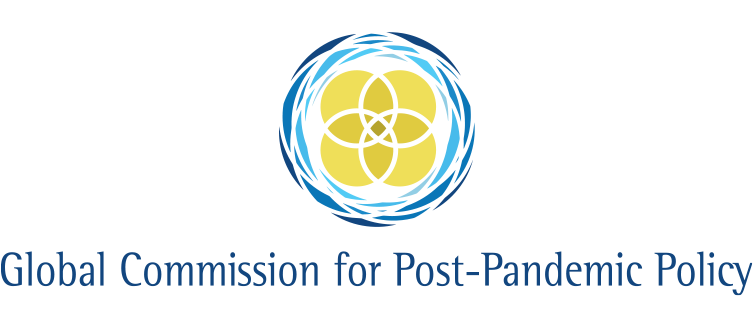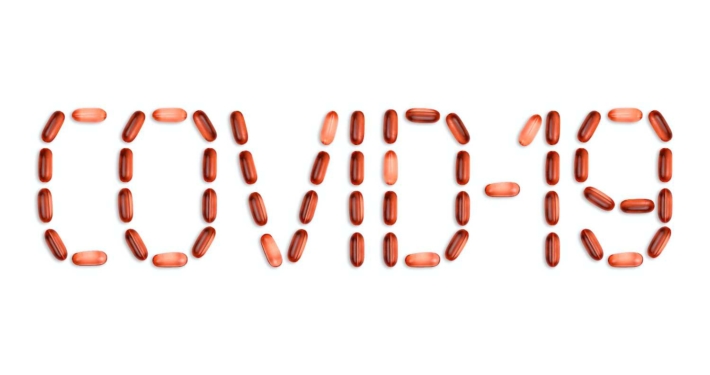The Pandemic, week to July 16th
Health
The number of confirmed COVID-19 cases recorded worldwide continued to rise steeply this week. Infection rates are rising on every continent except for South America, thanks to the rapid global spread of the more transmissible Delta variant of the coronavirus (B.1.617.2).
In Europe, this newest wave started in the United Kingdom—despite high vaccination rates—but new infections are now rising all across the continent, with the worst outbreaks in the Netherlands, Spain, Portugal and Greece. In the Middle East and North Africa, infection rates are spiralling in Iran and Iraq, as well as in Libya and Tunisia. The same is true of Southern Africa, although—in a piece of good news—cases in South Africa and Namibia appear to be levelling off. Central and West Africa have so far been spared.
In both South and South-East Asia, infection rates are rising in almost every country but India, China and Taiwan. In Latin America and the Caribbean, infection rates continue to decline after a long and sustained wave of infections largely fuelled by the Gamma variant (P.1).
The United Kingdom will begin what is being described by critics as a major public-health experiment this coming week. Despite only half the population yet being fully vaccinated, the government is removing almost all remaining COVID-19 restrictions currently in force in England, including mandated mask-wearing in public places – although some city mayors, including London’s Sadiq Khan, have intervened to insist on masks still being a requirement for travel on public transport networks under their local control. With daily case rates now nearing their previous peaks, the question debated by public health experts is whether hospitalisations and deaths will also surge, or whether vaccinations plus infection-led immunity will show the virus’s impact to now be equivalent to that of seasonal influenza.
In the United States, the Food and Drug Administration (FDA) announced that the Johnson & Johnson coronavirus vaccine appears to be associated with an increased risk of developing Guillain-Barré syndrome, a rare neurological condition. The probability of a given Johnson & Johnson vaccine recipient developing the condition is exceptionally low, but still 3-5 times higher than in the general population. The announcement follows the identification of 100 newly suspected cases of Guillain-Barré in the country by federal investigators.
The Centres for Disease Control and Prevention (CDC) confirmed experts’ fears that the coronavirus pandemic may have exacerbated the United States’ other major epidemic—drug overdoses. The lives lost from drug overdoses rose by close to 30% in 2020 to a record high of 93,000, according to preliminarystatistics. That is the largest single-year increase ever recorded. Mortality rose in all states but two: South Dakota and New Hampshire, with the most significant increases in the South and West of the country.
The coronavirus strain dubbed Lambda (C.37) is spreading rapidly in Latin America, replacing the formerly dominant Gamma variant (P.1). The strain was first identified in Peru in August 2020, where it has gone from constituting only 0.5% of all new infections in the country in December 2020 to more than 90% of new infections today. The variant appears to harbour mutations that better equip it to evade the human immune system. It has now spread to 29 countries. The World Health Organisation (WHO) recently designated the Lambda variant a Variant of Interest (VOI), with research ongoing.
Economy
In the United States, year-on-year Consumer Price Inflation (CPI) for the month of June climbed to 5.4% according to data released by the Department of Labor. That is its highest level since August 2008.Nevertheless, the United States Federal Reserve still says it expects inflationary pressures to fade as the American economy moves beyond what has been a volatile re-opening period after the shock of the coronavirus pandemic. For a more detailed run-down of the current inflationary moment in the United States, see our recent ANALYSIS.
This week, China’s long-awaited carbon-trading market sputtered into life. The emissions-trading scheme, the world’s largest, covers some 2,225 fossil-fuel power plants, which together account for between 30% and 50% of China’s total emissions. The development looks a step in the right direction, but will do little to help China meet its target of reducing emissions to net-zero by 2060. The Chinese government is so far prioritising participation in the system over the immediate reduction in emissions. The price on carbon, for example, is less than 15% that charged in Europe’s own emission’s trading system.
The European Commission announced sweeping plans to address climate change. The proposals include 13 new policies designed to ensure that the bloc hits its target of reducing greenhouse gas emissions by 55% in 2030 and net-zero by 2050, compared with 1990 levels. The central thrust is to expand the European Union’s Emissions Trading Scheme (ETS), a carbon pricing system, to include emissions from the auto-manufacturing industry and from building heating to advance the pace of decarbonisation. The plan includes a proposal fora carbon border tax designed to prevent companies from re-locating carbon-intensive activities abroad. Poorer, often highly fossil-fuel dependent, East European member states are expected to pose objections.
In the United States, the Biden Administration proposed inclusion of a similar border tax on nations that lack aggressive climate change policies, as part of its US$3.5 trillion budget plan. The announcements suggest that the United States and the European Union will use trade policy in tackling climate change. In both cases, the plans face political opposition. The two carbon border tax proposals also risk sparking new trade wars especially if implemented without transparency.
At a meeting of the finance ministers of the Group of Twenty (G20) economies, Treasury Secretary Janet Yellen expressed her concerns that new coronavirus variants may derail the global economic recovery—including the economic recovery of the United States. Yellen called for an urgent push for to vaccinate more people around the world. “We are a connected global economy,” said Yellen, “What happens in any part of the world affects all other countries.
Politics
The World Health Organisation (WHO) says its investigations into the origins of the COVID-19 pandemic will be hampered unless there is greater cooperation from the Chinese government, including the provision of more comprehensive raw data from the earliest weeks of the pandemic. WHO Director General Tedros Ghebreyesus also acknowledged that the early ruling-out of the lab-leak hypothesis for the pandemic’s inception had been made prematurely. “We owe it,” he said, to “the millions who died to know what happened.”
This week, the South African provinces of Gauteng, home of both Johannesburg and Pretoria, and KwaZulu-Natal, home to the port city of Durban, erupted into sustained violence, riots and looting. The catalyst was the jailing of former-President Jacob Zuma for contempt of court over his refusal to attend a judicial commission of inquiry into allegations of systemic organised corruption under his leadership. With the highest rates of inequality of any major economy and soaring joblessness induced by the pandemic, the country was already a socio-economic tinder box.
German Chancellor Angela Merkel was welcomed in Washington for what is likely to be her last official visit before standing down in September. The trip was intended to reaffirm the close strategic and economic relationship between the two countries, with the ongoing coronavirus pandemic and the rise of China confirmed in advance as topics up for discussion. The conversations were not all rosy, however. Merkel and President Biden failed to reach agreement on the controversial Nord Stream 2 pipeline, which would transport natural gas from Russia to the German coast but risks giving Russia significant economic and political leverage in German affairs.
The White House also welcomed 18-year-old pop star Olivia Rodrigo—currently atop the charts with her new album ‘Good 4 U’—to encourage vaccination amongst young people. “It’s important to have conversations with friends and family members,” said Rodrigo, in prepared remarks delivered from the White House briefing room, “and actually get to a vaccination site, which you can do more easily than ever before.” The visit is the highest profile move yet in a broader White House strategy to make more personal appeals to unvaccinated people.
GCPPP Newsletter
We now publish a weekly newsletter to inform friends and supporters of the Global Commission’s progress and to provide updates when new content is published. Please sign up here:


 Volodymyr Hryshchenko, Unsplash
Volodymyr Hryshchenko, Unsplash
 Adam Nieścioruk, Unsplash
Adam Nieścioruk, Unsplash
 visuals, Unsplash
visuals, Unsplash

 Photo by SAUL LOEB/AFP via Getty Images
Photo by SAUL LOEB/AFP via Getty Images Volodymyr Hryshchenko, Unsplash
Volodymyr Hryshchenko, Unsplash